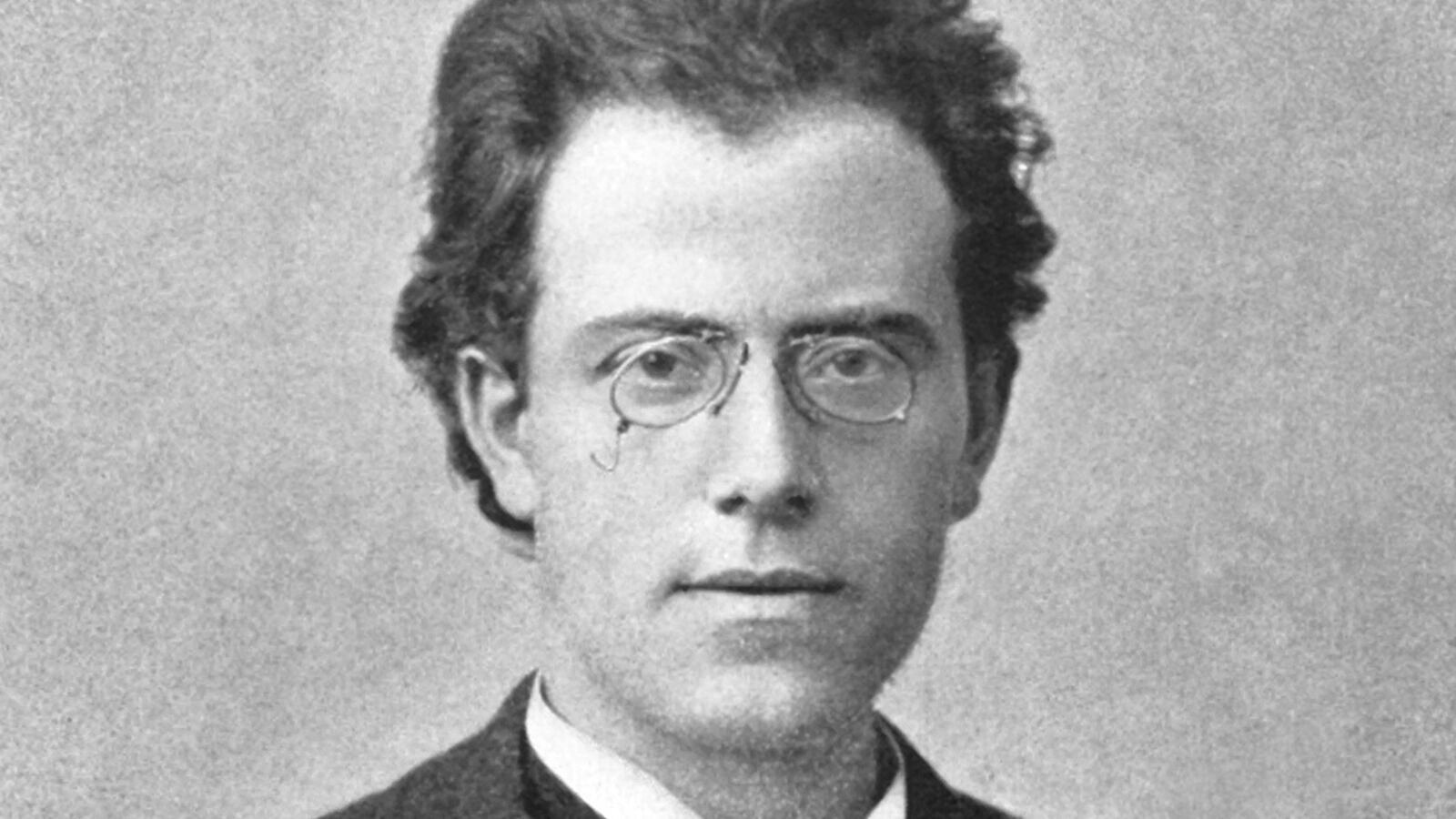Urlicht (“Primal Light”) forms the fourth movement of Gustav Mahler’s Second Symphony. It occupies a striking position in the five-movement work’s progression towards ultimate and lasting transcendence. Suddenly, for the first time in this “Resurrection Symphony,” we hear the solitary human voice—a darkly veiled alto imbued with human tragedy and lament. In a symphony rooted in C minor and E-flat major, suddenly we find ourselves in the remote, ethereal world of D-flat major.
As with some of Mahler’s other symphonic movements, Urlicht was first conceived as a song, in this case from the cycle, Des Knaben Wunderhorn (The Boy’s Magic Horn). A simple, solemn chorale follows the vocal line’s rising three-note opening statement. As the song progresses, we get a sense of struggle, aspiration, and deep longing. There are harmonic turns towards the exotic. At the same time, the song is filled with the elemental purity of open fifths and the sensuous upward leap of an octave. These are prominent intervals throughout the Second Symphony, which concludes with the perfect fifth resolving to the finality of the octave. Something equally expansive can be felt in the serene, celestial final moments of Urlicht. As the vocal line resolves in a falling second, the accompanying line continues to float upwards.
You can hear the late Jessye Norman’s incredible performance of Urlicht in its final, orchestrated form. But lately, I have found myself drawn to the intimacy of the song as Mahler first conceived it in 1892 with piano accompaniment:
Here is the English translation of the text:
O little red rose!
Man lies in greatest need!
Man lies in greatest pain!
How I would rather be in heaven.
There came I upon a broad path
when came a little angel and wanted to turn me away.
Ah no! I would not let myself be turned away!
I am from God and shall return to God!
The loving God will grant me a little light,
Which will light me into that eternal blissful life!
Recordings
- Mahler: Songs from “Des Knaben Wunderhorn,” Urlicht, Jessye Norman, Irwin Gage Amazon
- Mahler: Symphony No. 2, “Resurrection,” Vienna Philharmonic Orchestra, Lorin Maazel, Eva Marton, Jessye Norman Amazon

